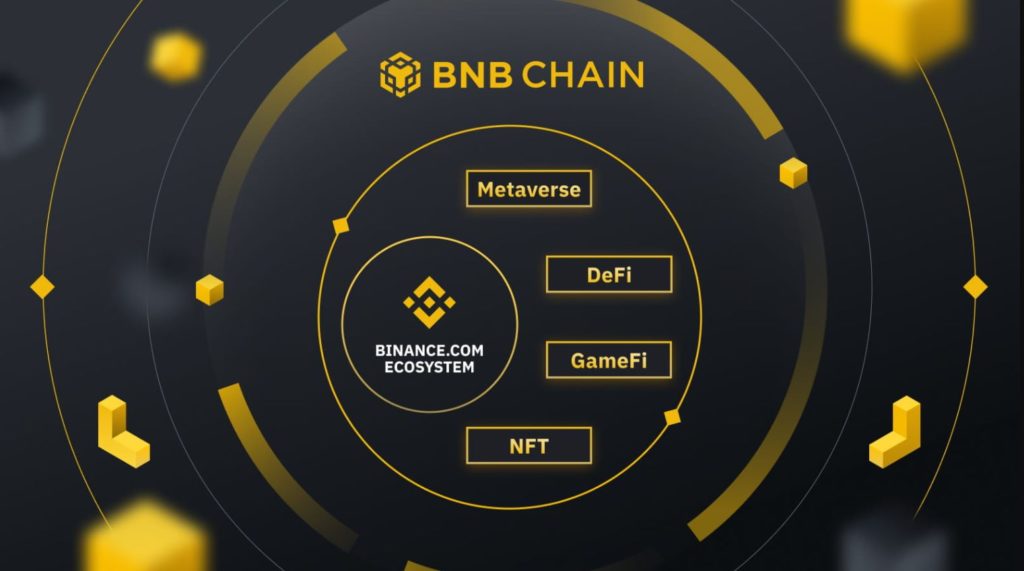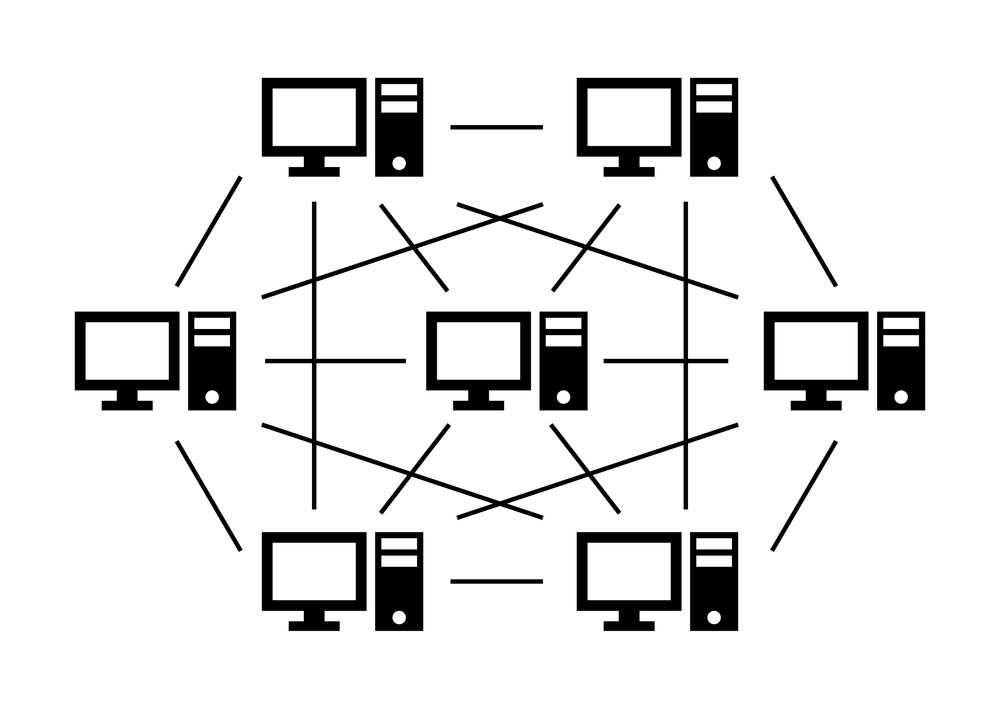A crypto address is a unique identifier used to send or receive cryptocurrencies on a blockchain network. Think of it as similar to a bank account number but for digital assets. Each cryptocurrency wallet has a specific address, often a string of alphanumeric characters, that allows users to interact with the blockchain to send and receive funds securely. Crypto addresses vary depending on the type of blockchain and cryptocurrency.
Types of Crypto Addresses
Different blockchain networks and cryptocurrencies use specific address formats. Here are some of the main types:
Polkadot addresses start with “1” or “1” and are compatible across networks built on the Substrate framework. These addresses are complex and vary slightly by network.
Bitcoin Addresses
Bitcoin addresses typically start with a 1, 3, or “bc1” and are used to send and receive Bitcoin on the Bitcoin network.
P2PKH (Pay to Public Key Hash): These addresses start with a “1” and are the most common type of Bitcoin address. Example: 1A1zP1eP5QGefi2DMPTfTL5SLmv7DivfNa.
P2SH (Pay to Script Hash): These addresses start with a “3” and allow for more complex transactions like multi-signature wallets. Example: 3J98t1WpEZ73CNmQviecrnyiWrnqRhWNLy.
Bech32 (Native SegWit): These addresses start with “bc1” and are designed for SegWit (Segregated Witness) transactions. Example: bc1qw4h74pyld0sy0h4xt3k3t2gw5sy3xv.
Ethereum Addresses
Ethereum addresses begin with “0x” followed by 40 hexadecimal characters. These addresses are used on the Ethereum network for transactions in Ether (ETH) and ERC-20 tokens. Example: 0x32Be343B94f860124dC4fEe278FDCBD38C102D88.
Ripple (XRP) Addresses
Ripple addresses start with an “r” and are used to transfer XRP on the Ripple network. XRP addresses may also have a Destination Tag—a short numeric code that identifies the recipient within an XRP wallet. Example: rPEPPER7kfTD9w2To4CQk6UCfuHM9c6GDY.
Litecoin Addresses
Litecoin addresses are similar to Bitcoin’s and can start with “L” or “M” for P2SH addresses, or “ltc1” for SegWit addresses. Example: LZhx1jDC4zK4hFj1i8v6E9Cn4joJgt3y9T.
Bitcoin Cash Addresses
Bitcoin Cash addresses can follow the Bitcoin format (legacy) or the newer CashAddr format, which starts with “q” or “bitcoincash:” to reduce confusion with Bitcoin. Example: bitcoincash:qzz3p0hs2t43avmd34x0f5ulj7zhsfdexsgpzrqwx.
Monero (XMR) Addresses
Monero is a privacy-focused cryptocurrency with complex, long addresses for anonymity. Monero addresses typically start with a “4” and have a mix of 95 characters. Example: 48SjZzK8VxmJ5pMfjZEGqtkGZTrkHf67XZqLa.
EOS Addresses
EOS uses human-readable account names rather than alphanumeric strings for wallet addresses, which makes it easier for users to recognize and interact with. Example: eosaccountname.
Tron (TRX) Addresses
Tron addresses start with a “T” and are used on the Tron blockchain for TRX transactions and tokens built on Tron’s platform. Example: TXYZY2qnbv7RcJ3XtQ7G4zSkKf6oA8scyk.
Polkadot and Substrate-based Addresses
Polkadot addresses start with “1” or “1” and are compatible across networks built on the Substrate framework. These addresses are complex and vary slightly by network.




